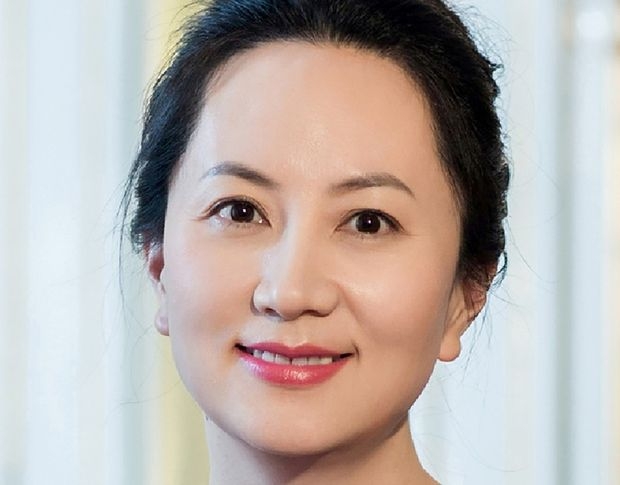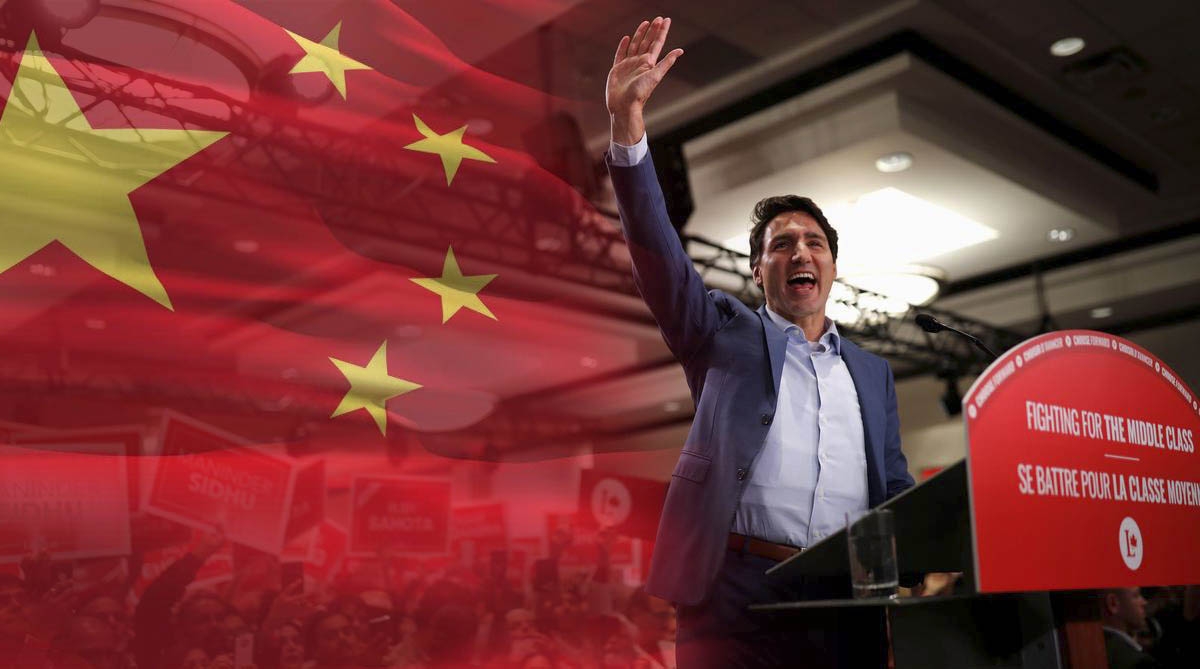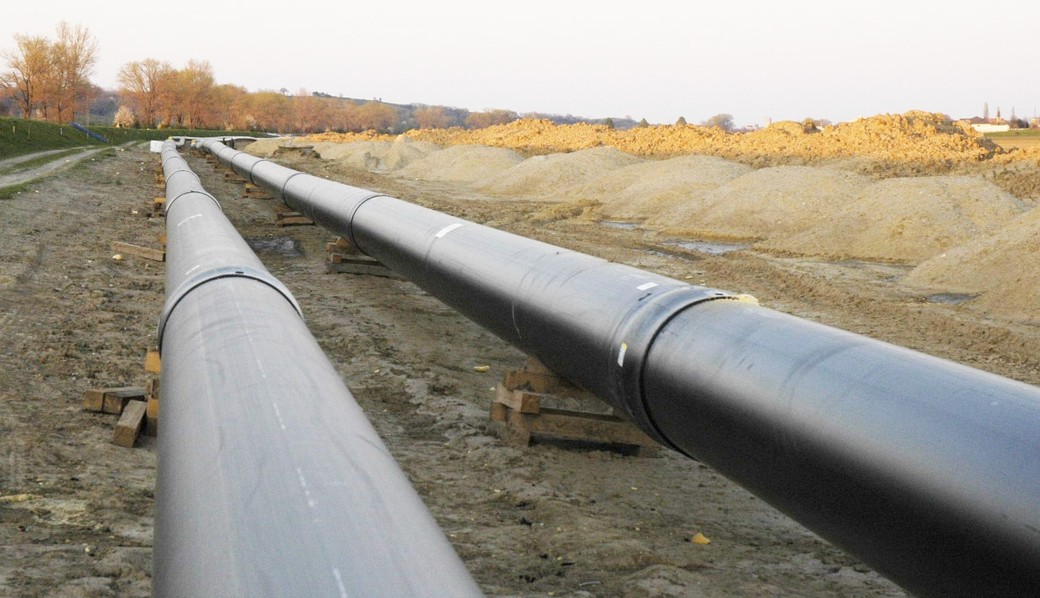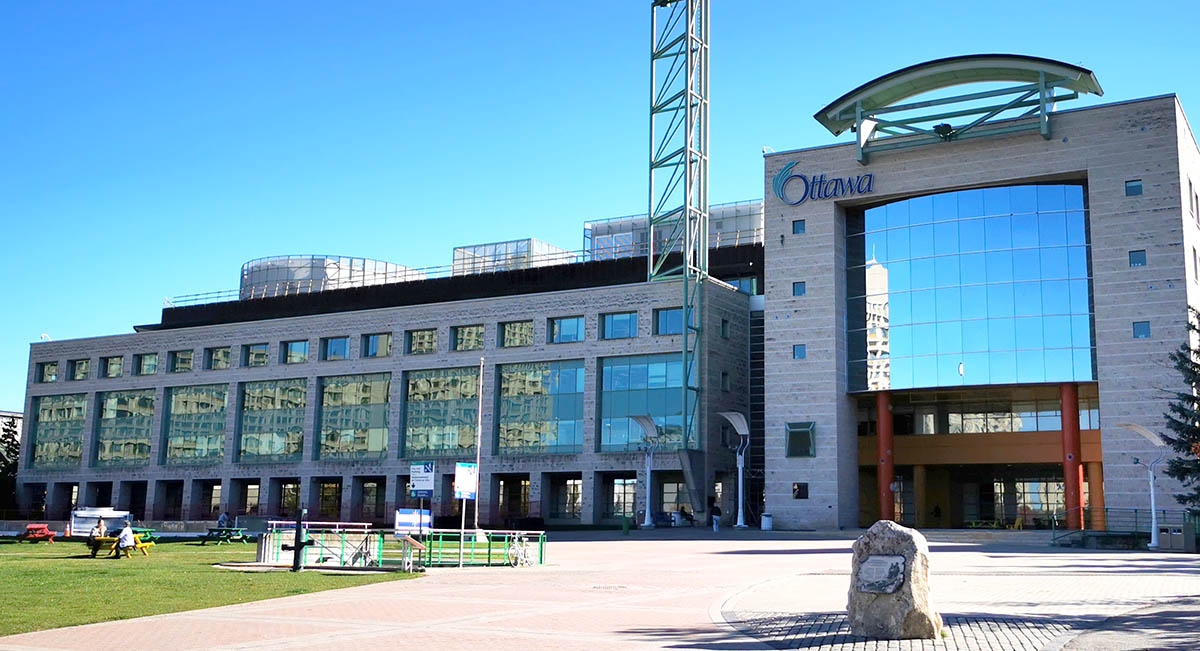
Huawei CFO, Meng Wanzhou, sues CBSA, RMCP and the federal government
Photo credit: Handout/Reuters
Meng Wanzhou, CFO of Huawei alleged that her constitutional rights were violated when she was taken into custody. She has filed a claim and now suing the Canadian Border Services Agency, the RCMP and the federal government seeking damages for false imprisonment based on multiple alleged failures of government officials to comply with the rule of law upon her detention, search and interrogation at the Vancouver airport on Dec. 1.
“This case concerns a deliberate and pre-meditated effort on the part of the defendant officers to obtain evidence and information from the plaintiff in a manner which they knew constituted serious violations of the plaintiff’s rights,” the claim says. It alleges that RCMP officers and/or representatives from the U.S. Department of Justice arranged for Canadian border officials to delay the immediate execution of the arrest warrant “under the guise of a routine border check,” purportedly to obtain evidence from her before she was arrested.
On November 30, 2018, through an extradition request from the United States, Constable Winston Yep, an officer of the RCMP, obtained a warrant for Meng’s immediate arrest as her arrival at Vancouver International Airport was anticipated for the next morning. The claim alleges that instead of complying with the Order of the Court, Constable Yep and other RCMP officers arranged with the Canadian Border Services Agency (CBSA) to detain, search and interrogate Meng upon her arrival at the Vancouver airport.” In the claim, lawyers for Meng assert that CBSA Officers were required to inform her immediately about the provisional arrest warrant instead of detaining and questioning her for three hours without explanation before she was notified of her arrest. They also claim that the arresting officer was required under the Canadian Charter of Rights and Freedom, to inform Meng of her right to know the reason for her arrest, of her right to retain legal counsel and to afford her an opportunity to retain and instruct legal counsel without delay. Meng also has the right to silence upon execution of the Provisional Arrest Warrant. Officers executing the Provisional Arrest Warrant have no power to compel information from the subject of the arrest.
Meng's claim alleges that “the Plaintiff was under the total control of the CBSA Officers and had no freedom of movement” and that she was prohibited from speaking with her travel companion or anyone else, including a lawyer. It says that the CBSA Officers seized Meng’s two personal cellphones, an iPad, and a personal computer and commanded her to surrender the passwords. While Meng believed that she had no choices but to provide this information as she wasn’t advised about the true reasons for her detention. It says that the CBSA Officers “unlawfully opened and viewed the contents” of her devices and searched her luggage which is “a violation of the Plaintiff’s right to privacy”. The claim alleges “This was an unlawful act” and “the CBSA Officers and Constable Yep knew or were recklessly indifferent to the fact that their actions were unlawful and would likely cause harm to the Plaintiff”, the claim says.
The Department of Justice has approved the go-ahead for an extradition case against Meng, marking the formal start of the court process that has infuriated the Chinese government while further emboldening the American Trump administration. The U.S. Department of Justice extradition claim which is the basis for her detainment in Canada, lays out 13 criminal counts of conspiracy, fraud and obstruction against Huawei and Meng, who is the daughter of company founder Ren Zhengfei. Meng has not been charged by Canadian authorities or any other jurisdiction in the world.
The Chinese Embassy in Ottawa said it is “utterly dissatisfied” with Friday’s decision, calling the case “a political persecution against a Chinese high-tech enterprise.” Several Canadians of note have spoken out against her detainment including former deputy Prime Minister John Manley, former Canadian Trade diplomat Gordon Richie and Canada's former Ambassador to Washington Derek Burney. Meng’s extradition case is scheduled to resume in the B.C. Supreme Court on Wednesday.








